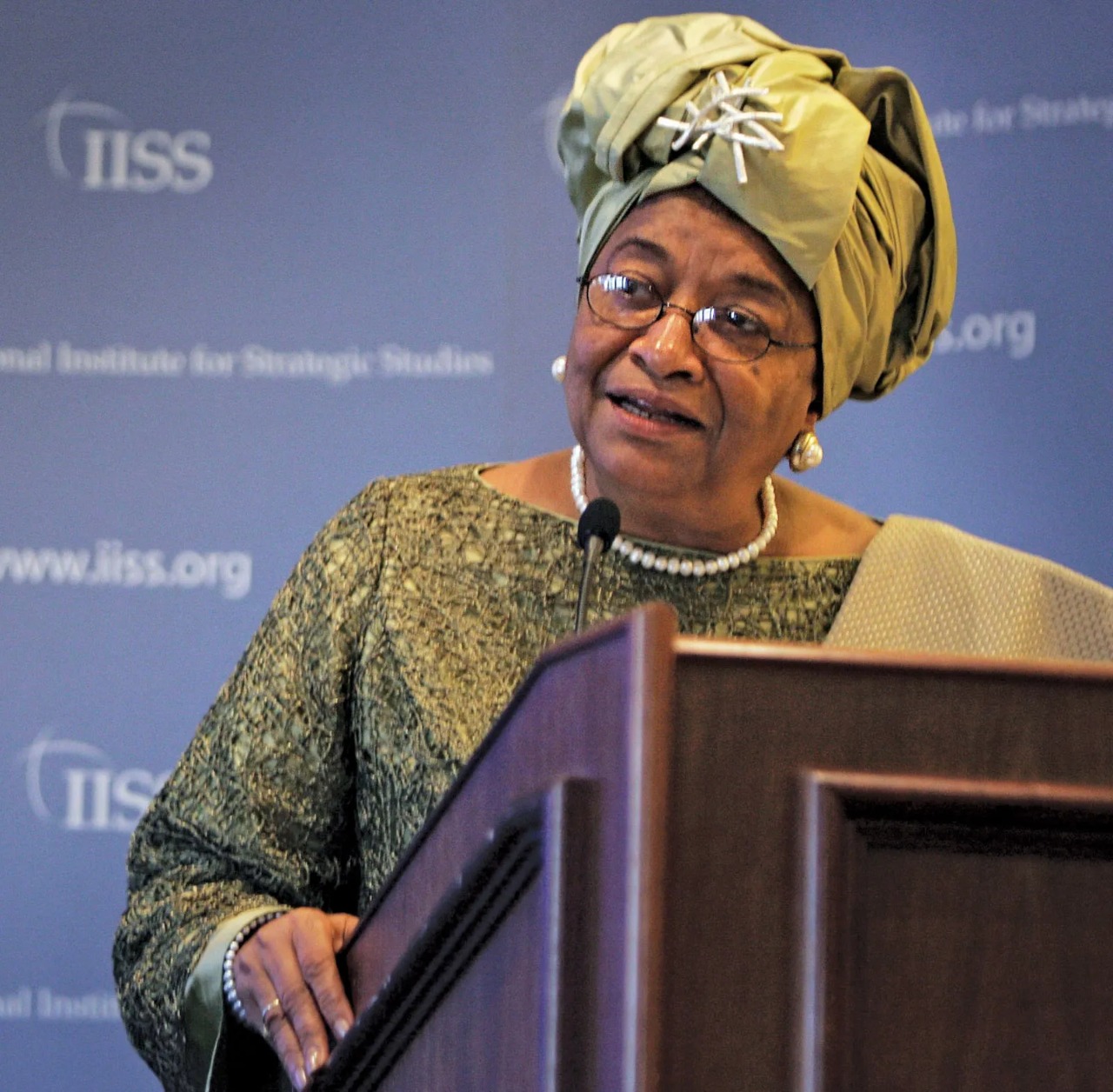Introduction:
WebForum Series 4 – Governance and Human Rights in the Era of COVID-19
The Coronavirus disease (COVID-19) pandemic has affected everything and disrupted normal functioning globally. In responding to the COVID-19 pandemic, individuals, organizations, and national authorities and decision-makers in countries have introduced large scale public health and social measures.
The scale, severity, and adversity of the COVID-19 pandemic has clearly risen to the level of a public health threat that could justify restrictions on certain rights, such as those that result from the imposition of quarantine or isolation limiting freedom of movement. At the same time, however, careful attention to human rights such as non-discrimination and human rights principles such as transparency, right to information, privacy and respect for human dignity can foster an effective response amidst the turmoil and disruption that inevitably results in times of crisis and limit the harms that can come from the imposition of overly broad measures that do not meet the above criteria.[1, 2,3]
Policy guidance procedures that detail modalities and considerations for adjusting public health and social measures in the workplace, health, education facilities and public access areas, while managing the risk of a resurgence of cases have been formulated to help the way forward.
In making policies and mitigation measures, many national governments and organizations have taken harsh and unprecedented measures against its citizens and by extension migrants, refugees, and other displaced persons. These include but not limited to total border closures, quarantines, expulsions, and lock-downs of migrant worker communities and refugee camps.[4]
Some of the actions taken to control and prevent the spread of the virus have thus constituted more harm than good. It is imperative that procedures to manage the extensive harms exacerbated by the pandemic must be consistent and in tandem with established international human rights norms. These norms include rights to health, information, due process, and non-return to risks of serious harm and non-discrimination and they thus apply equitable to all persons, irrespective of their immigration status.[5,6, 7]
The governing bodies have been urged to follow principles derived from international treaties and instruments, customary international law, decisions of UN treaty bodies, and guidelines widely accepted by the international community. These principles are further informed by decisions of human rights bodies at the regional level and regional inter-State agreements and are offered to inform and guide State action, to assist international organizations, and to provide a basis for advocacy and education.
We shall also discuss how businesses are ensuring that the status of employees is protected, since most institutions are looking more towards survival as opposed to making profit during the pandemic.[7,8, 9]
Our 4th Series in the Crisis Management Conversation WebForum will focus on the theme: Governance and Human Rights in the Era of COVID-19.
.
Our Panel of speakers will discuss among others
- Creation of new policies that are overbroad in reaction to the COVID-19 Pandemic that might harm the pledge to respect human rights.
- Ensuring the continued Equal treatment and non-discrimination, Right to health.
- Promoting the Right to information.
- Enhancing the Protection of privacy in the age of use of contact tracing tools using AI, ML among other tools.
- Gender considerations, especially how Women and Girls bear the biggest weight in managing the pandemic.
- Way forward, practical measures and using COVID-19 as an accelerant to positive change.
Sources: 1HRW, 2,9OECD, 3Privacy International, 4Council of Europe, 5IRI, Just Security, 6Egmont Institute, 7ILO, 8FDA
The WebForum is Sponsored by the DCA Digital Academy which provides the tools and skills to foster leadership, entrepreneurship and also connecting youth and women to innovation highways; this way Africa can be part of the foundations of a developed technologically aware society. Learn more about the DCA Digital Academy




















